Installing solar panels on your home can be a big investment, but the long-term savings and environmental benefits may make it worthwhile. Here is everything you need to consider before going solar.
Reasons to Install Residential Solar Panels
There are a number of compelling reasons why homeowners decide to install photovoltaic (PV) solar systems on their rooftops, including:
- Save substantially on electricity bills. Solar panels can supply 30-50%, or even up to 100%, of a household’s energy usage, reducing or even eliminating monthly power bills. These cost savings will continue for the 25+ year lifespan of a solar energy system.
- Increase your home’s property value. Homes with solar PV systems have been shown to sell for up to 4.1% more than comparable properties without solar power. This value only increases as energy prices rise over time.
- Take advantage of tax credits and solar incentives. The federal solar tax credit allows you to deduct 26% of solar installation costs from your taxes. Some states also offer additional rebates and tax credits that can discount the price even further.
- Gain energy independence and hedge against utility rate hikes. With your own power generation, you don’t have to worry as much about fluctuating electricity costs or power outages. The sun provides consistent, free fuel.
What to Consider Before Installing Solar Panels
While the financial and practical reasons to go solar are clear, it still takes careful planning and consideration of your home’s specifics. Factors that impact solar system sizing and savings include:
- Roof age/condition. Most solar panels will last 25-30 years or more. Therefore, your roof should ideally be less than 5-10 years old so it lasts the full life of the system. Proper roof conditioning is key.
- Roof orientation and shading. Solar panels produce the most energy when pointed directly at the sun. Some shading is okay, but minimal shade from trees or other buildings is ideal. Facing south is optimal in the northern hemisphere.
- Electricity costs and net metering policies. Areas with high energy rates and utilities that offer 1:1 net metering allow you to maximize savings by getting full retail credit for excess solar power sent to the grid. Check your state’s policies.
- Typical household energy use. The more electricity you use, the bigger the solar system you will need to significantly reduce your utility bills. Energy efficiency should be addressed before solar installation.

Financial Incentives and Solar Panel System Pricing
The costs for solar panel systems for the average U.S. home fall roughly between $10,000 and $25,000 before incentives. However, taking advantage of rebates, tax credits, and net metering will have a major effect on the real out-of-pocket costs.
When considering solar quotes from different installers, be sure to get transparent and complete system pricing that clearly lists all the factors, including:
✓ Total solar panel system size (kilowatts) needed for your home
✓ Cost per watt of the solar panels and hardware
✓ Installation, inspection, permitting, and interconnection fees
✓ Any additional structural upgrades required to the roof or electrical
✓ Monitoring hardware and software package
✓ Workmanship warranty provided on the system
Understanding the full price breakdown allows you to accurately calculate payback time and ROI with incentives and future utility savings factored in. Strong warranties on system production and equipment are crucial as well. Reputable solar installers will provide guarantees against defects and degradation.
Getting Started with a Solar Site Assessment
Interested in solar but not sure its right for you? The solar site assessment serves as the critical first step. Reputable solar contractors will offer free assessments where they visit your home to:
- Inspect conditions like roof, electrical, and shading that impact the solar potential
- Provide custom system size and production estimates
- Give recommendations on appropriate panel technology (e.g. monocrystalline vs polycrystalline panels)
- Estimate first year utility savings and analyze financing payback time and ROI
This solar assessment allows homeowners to verify that their house is suitable for solar panels and get accurate financial metrics before making any purchase commitment. Be wary of any contractor who claims to provide exact savings or system production details without visiting first. Reach out to get your free assessment scheduled today!


